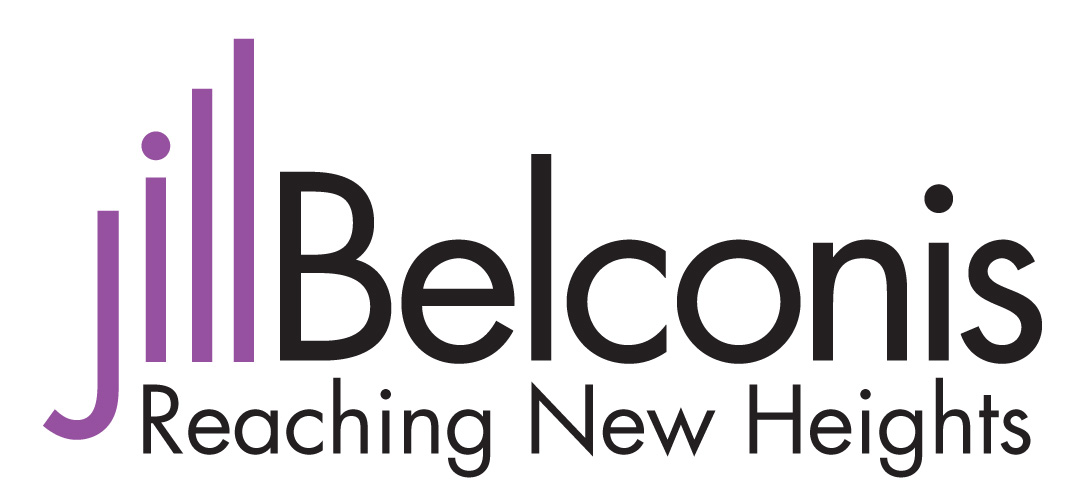Many of us struggle to effectively handle high-stakes conversations when we encounter them. I’m talking about the ones that we don’t necessarily plan for or know that are coming, such as giving feedback to an employee whose behavior does not align with the company’s core values, terminating a difficult customer or dealing with someone who has hijacked your meeting. Because these can be emotionally charged and highly impactful to the future of the relationship, we can all benefit from polishing up our communication skills for these crucial conversations. Lucky for us, there is a way to handle these conversations so we can accelerate our connections and deepen our relationships. Just as we discussed in last month’s blog on delegation, mastering crucial conversations isn’t something we’re taught. It’s a skill that requires practice and a lot of self-awareness. But, as leaders, we know that we must put in the work if we want to continually grow and improve!
The concept of crucial conversations was popularized through the book Crucial Conversations: Tools for Talking When Stakes Are High which has sold over 5 million copies. These conversations affect every one of us, potentially multiple times in a single day. The authors, Patterson et al., define crucial conversations as “a discussion between two or more people where (1) stakes are high, (2) opinions vary and (3) emotions run strong.” These conversations constantly come up in both our professional and personal lives, but many of us often shy away from or handle them poorly. It’s not surprising since when we’re stressed, blood is directed away from our brain and into our muscles, so our thinking naturally suffers. Sadly, so many relationships break due to silence. Just think, when the time between experiencing an issue and discussing the issue in a healthy way stretches, the relationship deteriorates, and sometimes to an unrepairable level.
So, how can we more readily deal with these high-stakes conversations and salvage or repair our relationships before they get ugly? Well…I’m sure to no one’s surprise, it’s a straight-forward process:
Know Your Heart
What is the big picture here? Remember, it is not a competitive sport that we’re trying to “win” but rather to a bigger why of what we are looking to achieve.
Ensure Safety
This is vital! The environment must be safe for all parties involved to be able to speak up and have a constructive conversation. Knowing how we act under pressure and being self-aware can help us prevent verbal attacks, silence, insulting, etc.
In addition to creating a safe environment, the content needs to have a common purpose, one without an ulterior motive, and there must be mutual respect.
Control Your Emotions
We’re all telling stories in our head, so be in charge of that story. Emotions don’t just happen. We can either control our emotions or be controlled by them.
Share Your Stories
Open up and explain the conclusions that we’re drawing and encourage others to do the same. This requires vulnerability, but also helps reinforce the much needed safety.
Explore the Others Path
Ensure understanding by restating what we’ve heard and trace the other individuals’ path to action.
Move from Conversation to Results
Our effort only goes so far if we don’t create a plan of action and follow through to achieve results. Document and apply the ‘Who will do what and when’ strategy. Agree on how and when to follow up.
The best advice is to practice these skills in every day conversations. If we aren’t following these principles in non-essential conversations, chances are it’s unlikely to happen in the crucial ones. The more we practice, the more it will become second nature, because these aren’t conversations that we plan for, they come up organically. We aren’t going to have time to stop and look up these principles/steps, so begin to incorporate them now. Start by paying attention to your own habits and then take the steps to adjust them.
Can you think of a recent conversation that you wished had gone differently? See if you can “recreate” it using these principles.
Our ultimate goal to mastering crucial conversations is to enhance our relationships because strong relationships make for a happy, meaningful professional and personal life.


